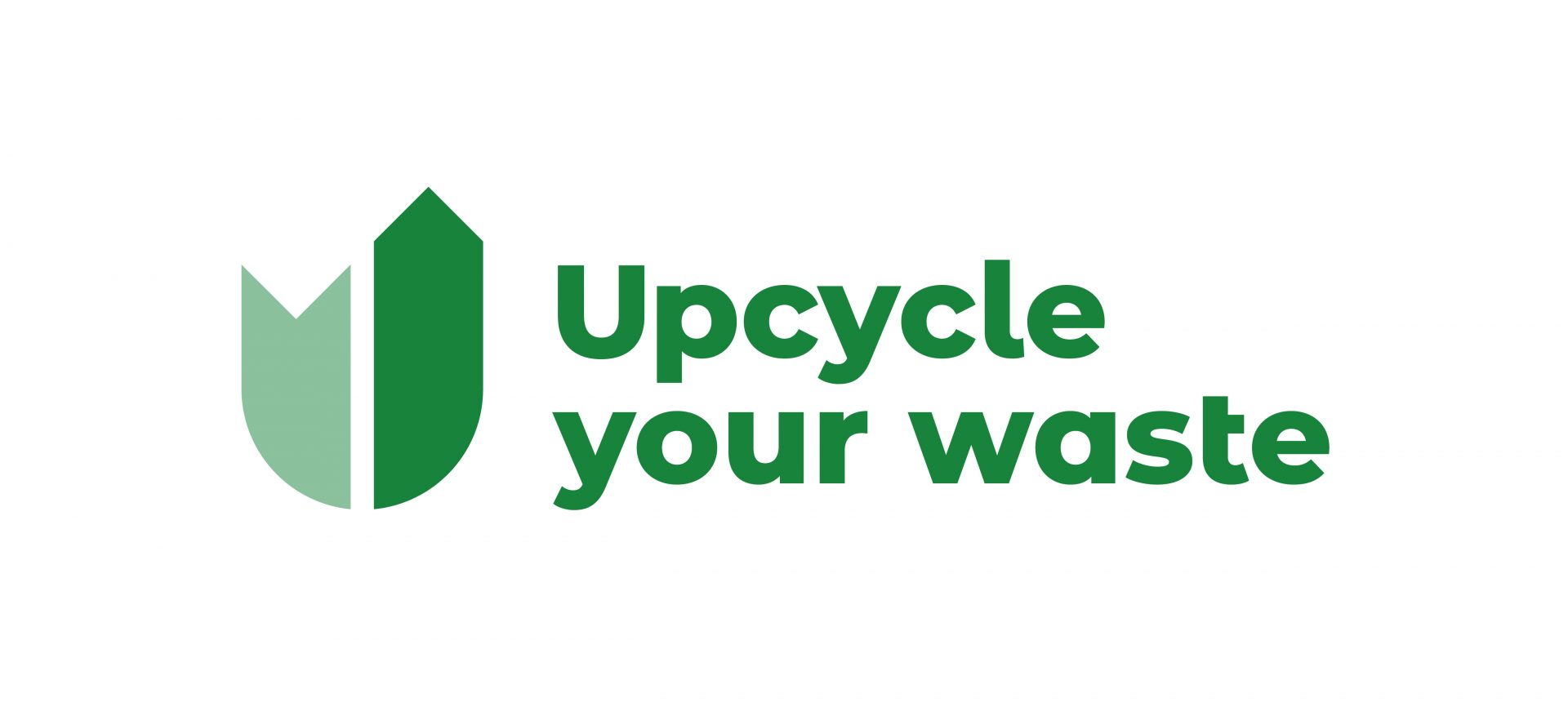Interviews with SMEs on Barriers & Drivers

As part of the Upcycle Your Waste project, we wanted to know what motivates or prevents SMEs on the ZKD pilot area in The Hague to separate their waste. The results were written down in a report, which is summarised below.
Barriers
The most important barriers for implementation of separation are:
Lack of time
Entrepreneurs are focussed on their core business, running their business. They lack the (willingness to make) time to orientate in the possibilities of separation, collectors, costs/profits, etc.
Lack of space
Entrepreneurs believe that waste separation requires more space (which they don’t have), because more waste containers are required.
Lack of awareness and knowledge
Due to lack of time entrepreneurs miss out on knowledge on waste as a valuable resource, what and how to separation, appropriate collectors, re-use and upcycle options, costs or benefits etc. They only see waste and no valuable product or resource that can be re-used and has economical profit.
Fear of additional costs
Entrepreneurs are afraid that separating more waste will cost them; extra containers, extra effort for staff, treatment costs, etc. SMEs indicated that additional support, knowledge and financial aid is welcome. This help should be provided by their waste collector, the municipality and to a lesser extent branch organisations.
Drivers
The biggest motivators for SMEs to improve on waste separation and re-use are:
Social responsibility
Entrepreneurs feel a great social responsibility to improve their environmental impact and thus the need of reducing and re-using waste. This is by far the most mentioned driver for SMEs.
Cost savings
The also expect that by separating more waste stream they can reduce on costs. This is in contradicting to costs being a barrier for waste separation.
Insight in waste stream
Entrepreneurs seem to be well aware of the waste streams that they have, given the specific waste streams mentioned. They only lack the knowledge and time to orientate themselves in the options for re-use.
Opportunities
The outcome of the interviews show that SMEs are strongly motivated to work on waste separation and reduction, reuse and upcycling. They also see opportunities, but seem unable to realize them because they lack the knowledge and help, which is insufficiently provided by their most important partner, the waste processors. The UyW project can support the intrinsic drive of entrepreneurs and provide knowledge, tools and practical help to answer their specific questions. As a result, barriers are overcome and SMEs can also reduce their waste costs.
Read the full report on the interviews with SMEs on Barriers & Drivers

